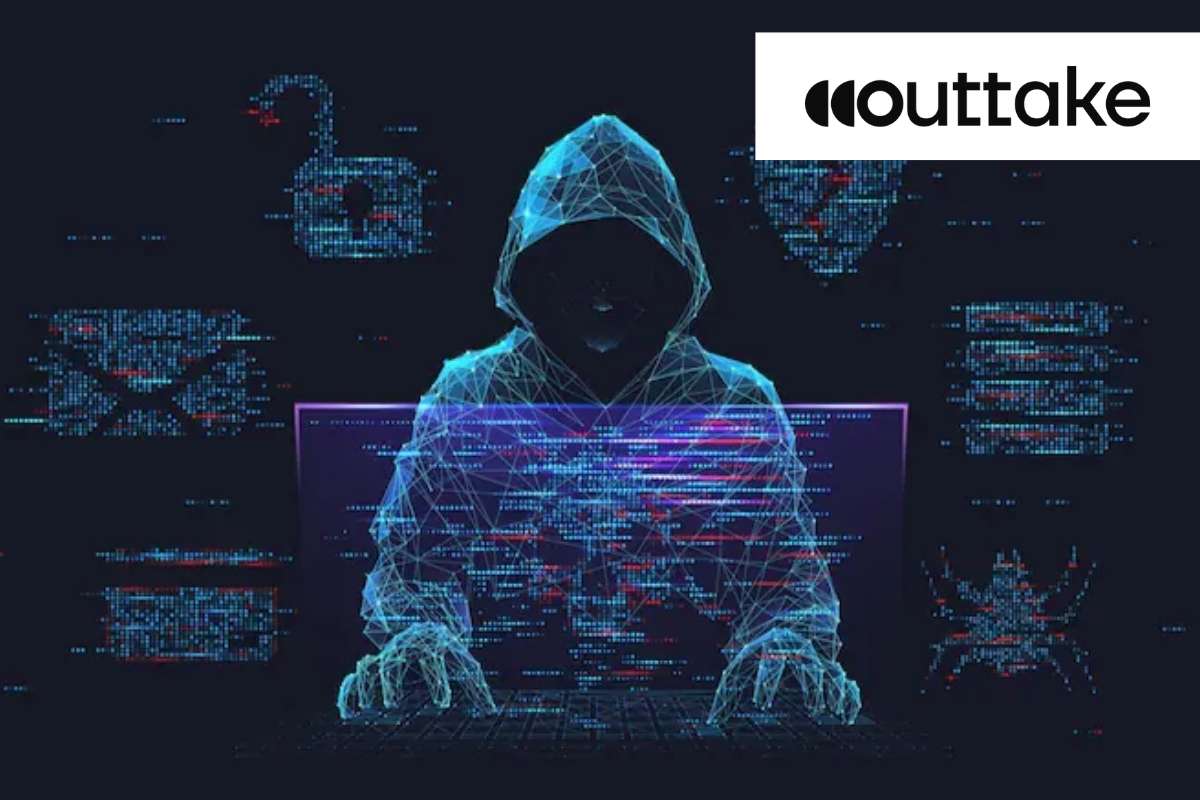A sophisticated AI-generated audio impersonation of U.S. Senator Marco Rubio has raised serious national and international cybersecurity concerns. As first reported by the Financial Times, unknown actors used advanced voice-cloning technology to replicate Rubio’s voice and contacted foreign officials, posing as the senator to discuss sensitive policy matters.
The AI Deepfake was convincing enough to evade early detection, with multiple officials initially believing the communication to be legitimate. Although the attempt was eventually identified and contained, the incident marks a troubling milestone: the use of AI to forge real-time political engagement at an international level. Rubio later confirmed the impersonation, calling attention to the urgent security risks posed by emerging AI technologies.
Cybersecurity Experts Warn of a Dangerous Precedent
Cybersecurity experts have responded with alarm, warning that the Rubio impersonation highlights a broader vulnerability in global political systems. In an interview with Action News Jax, cybersecurity analyst Patrick Kelley stated, “They own the game now,” referring to the asymmetric advantage malicious actors gain through AI. He warned that similar attacks could spark international confusion or even conflict.
The incident underscores how AI voice cloning could be weaponized to manipulate diplomatic discourse or deceive intelligence agencies. With voice AI Deepfakes now highly accessible and increasingly realistic, experts argue that even established vetting systems may no longer be sufficient to protect against misinformation-driven threats.
Global Cybersecurity Urgently Reassessed
The fallout from the Rubio deepfake has prompted renewed scrutiny of AI regulation and cybersecurity preparedness. As reported by WFLA, experts described the implications as “frightening,” stressing that AI Deepfake technology poses a threat not only to political stability but also to national security infrastructure.
The Economic Times reported that the impersonation may have triggered international alerts, with both U.S. and foreign agencies reevaluating communication protocols. Intelligence services are now exploring AI forensics and authentication frameworks to guard against future impersonations.
This incident sets a chilling precedent for how generative AI can be misused to undermine trust, spread disinformation, and manipulate geopolitical dynamics. With AI advancing faster than legislation, the need for global cooperation, ethical guardrails, and robust cybersecurity architecture has never been more urgent.
Sources:
https://www.ft.com/content/7ef776e2-6c7e-45b7-9bb4-f019c483819c






